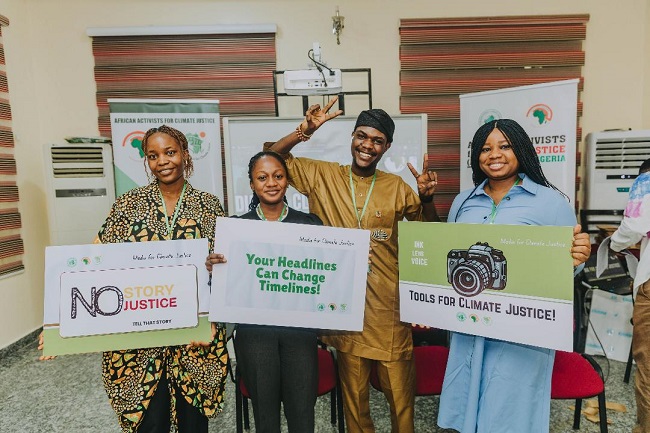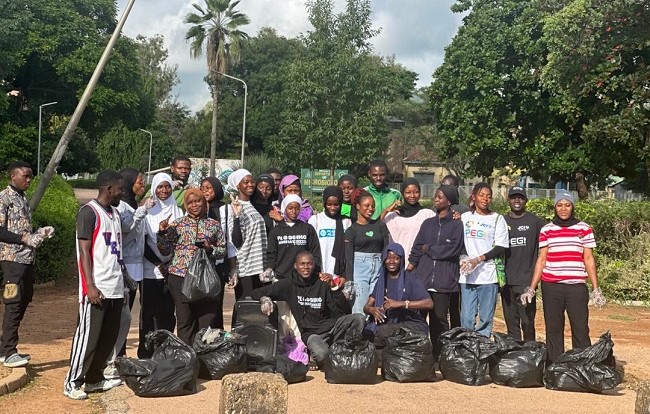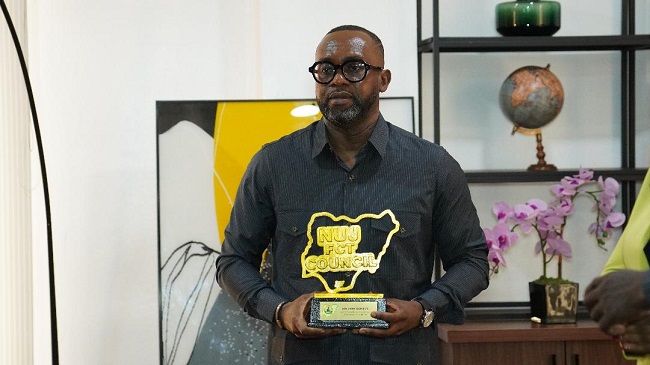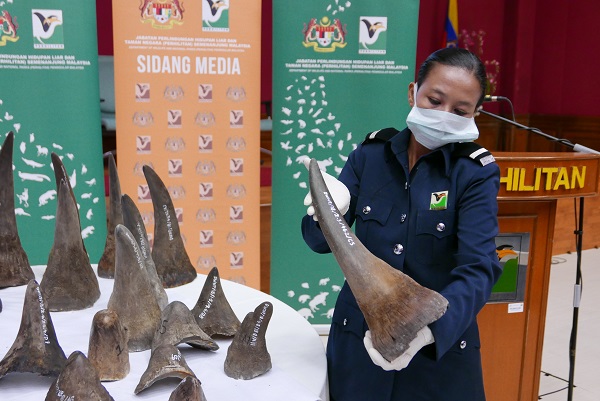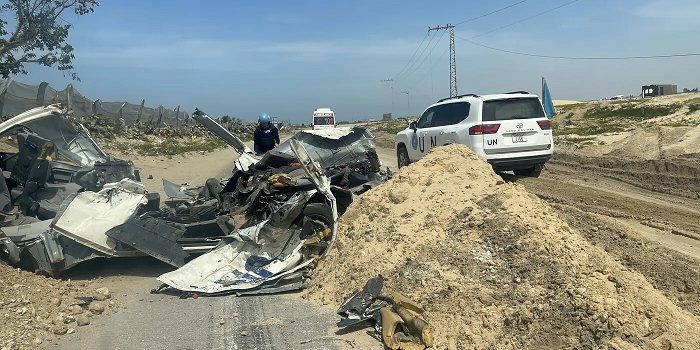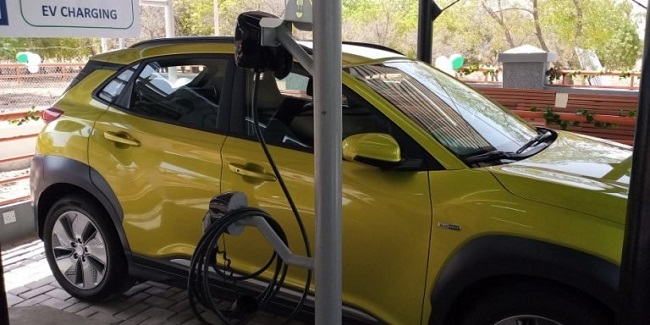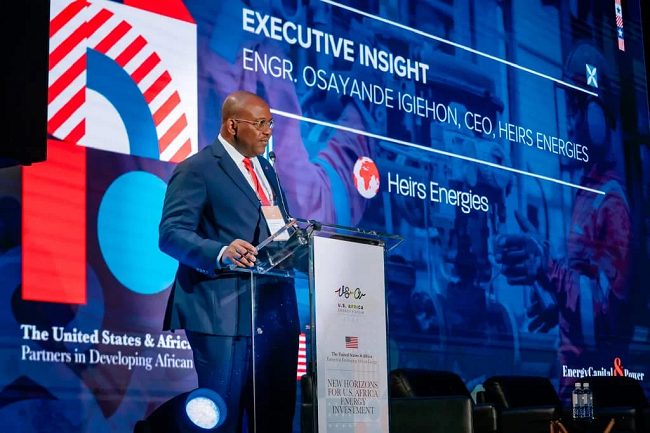The Corporate Accountability and Public Participation Africa (CAPPA) has condemned the Lagos State Government’s decision to privatise water supply through a Public-Private Partnership (PPP) scheme, calling the process anti-people and a betrayal of residents’ right to safe, affordable, and publicly managed water.
In a statement issued on Wednesday, August 20, 2025, CAPPA dismissed a two-day advocacy workshop convened last week by the Lagos Water Corporation (LWC) to promote the agenda as a “sham public relations exercise.”

The event, themed “Attracting Investment for Improved Water Supply in Lagos State through Public-Private Partnership,” featured pledges by members of the State House of Assembly to fast-track legal amendments that would give investors broad protections. The state’s Office of Public-Private Partnerships described the plan as the “first concession” of water infrastructure, beginning with a pilot covering roughly 10 percent of assets.
CAPPA warned that such pronouncements reveal with chilling clarity what Lagosians can expect under privatisation. “Water will no longer be recognised as a human right but will instead be reduced to a financial asset securitised for the comfort of investors,” it said.
The organisation noted that Lagos’ fixation on water privatisation was not a fresh experiment but part of a long-running pattern. “For more than a decade, successive administrations have sought to hand over essential services to corporate profiteers, shifting the burden of cost and access onto already overburdened residents,” the statement added.
Responding to LWC Managing Director Mukhtaar Tijani’s statement that CAPPA declined to attend the workshop by “deliberate choice” over procedural concerns and differences in principle, the organisation described the remark as disingenuous and only a partial account of the truth.
“Yes, we refused to rubber-stamp a fait accompli and for good reasons which we clearly articulated in our response to the LWC,” CAPPA stated. “What was presented as a stakeholder meeting in fact took place only after the State had already issued Request for Proposals (RFP No. LSWC/BFOT/001/2025), inviting private investors to bid for the rehabilitation, upgrade, operation, and maintenance of mini and micro waterworks under a Build-Finance-Operate-Transfer (BFOT) PPP model.
“Genuine stakeholder engagement must precede, not follow, major policy and investment commitments. By inviting bids first before democratic consultation, the Lagos State Government has shown contempt for accountability and treated residents as afterthoughts.
“We therefore reject both the process and its underlying premise. The privatisation of Lagos water is a step in the wrong direction, and we refuse to legitimise a predetermined outcome that undermines public interest,” said Akinbode Oluwafemi, Executive Director of CAPPA.
The statement contended that this style of governance was hardly the first instance of Lagos conducting such processes behind closed doors. On April 28, 2025, the Lagos State Ministry of Environment and Water Resources announced the signing of a Memorandum of Understanding with Belstar Capital, a US-based investment firm, and ENKA, a Turkish engineering company, to expand, rehabilitate, and construct water supply works across the state.
Yet, as with the current RFP, Lagosians were provided with no meaningful details on the scope of work, financing model, or contractual terms. No feasibility studies, environmental impact assessments, or social safeguards have been shared to show how these projects will serve the public interest.
Similarly, in June 2024, the Lagos State Government announced the launch of the so-called Lagos Water Partnership (LWP), which CAPPA described as “another hollow platform presented as ‘consultative engagement.” The statement noted that by the time this LWP was unveiled, however, the government had already signed contracts with the Resilient Water Accelerator (RWA).
“Far from being a space for dialogue, the LWP was a tokenistic box-ticking exercise designed to launder decisions made elsewhere,” the statement read. CAPPA pointed out that following the Lagos International Water Conference (LIWAC) in June 2024, it had sounded the alarm about the state’s misplaced singular policy shift toward PPPs with no room for alternatives.
“Then, as now, we questioned why Lagos insists on pursuing a model that has failed everywhere it has been tried and the State’s blatant unwillingness to try other models that have proven successful,” CAPPA added.
The group also countered Tijani’s claim that PPP “is not privatisation,” an action he defined as full transfer of ownership and control. Privatisation, CAPPA explained, is not limited to outright sale but includes concessions, leases, management contracts, and BFOT-type arrangements—precisely what Lagos is pursuing.
Even when legal ownership remains with the state, operational control, tariffs, and workforce decisions are surrendered to private operators whose first obligation is to profit. The unfortunate mass sackings of over 800 LWC workers last year, the group argued, were a perfect example of the outcomes of this cut-throat water governance model.
Further speaking, CAPPA debunked Tijani’s frequent claims of PPP “success” in Rwanda, South Africa, Uganda, Morocco, Egypt, and Malawi as misleading, insisting that evidence points instead to widespread failure and public backlash. The group recounted how in Rwanda, the flagship Kigali Bulk Water Supply Project has been dogged by staggering losses, corruption, and service disruptions, with the Rwanda Water and Sanitation Corporation reportedly losing nearly half of its annual production while large sections of Kigali continue to endure rationing despite private involvement.
In South Africa, CAPPA noted, the Mbombela concession managed by Biwater has been dogged with tariff hikes and contractual disputes, while Morocco’s concessions in Casablanca, Rabat, Tangier, and Tétouan have become infamous for billing controversies and governance crises. Uganda’s modest improvements in water access, the group stressed, stemmed not from privatisation but from robust public reforms, while in Malawi and Egypt, large-scale privatisation either collapsed outright or failed to materialise at all.
The failures, CAPPA argued, extend well beyond Africa. In the United Kingdom, where some partners backing Lagos’ PPP scheme are headquartered, water privatisation has been an outright disaster. Since 1989, privatised water companies in England have increased bills by more than 40 percent in real terms while siphoning off over £85 billion to shareholders, leaving behind underinvestment, sewage spills, and poor accountability.
“For us, the global lesson is clear as daylight. Cities such as Paris in France, Berlin in Germany, Buenos Aires in Argentina, and Jakarta in Indonesia that once experimented with private concessions have all reversed course, reclaiming their water systems after years of higher costs, job losses, and degraded services. Lagos, instead of learning, is wilfully choosing to repeat the very mistakes others are working hard to undo,” CAPPA said.
As an alternative, the group urged Lagos to follow the worldwide trend of remunicipalisation. It charged the government to rebuild in-house capacity and foster participatory water sector reform processes that place workers, communities, and households at the centre.
CAPPA further demanded increased budgetary allocations to water infrastructure and the exploration of public-public partnerships that treat water as a shared good rather than a private commodity.
It asked the Lagos State Government to immediately halt the ongoing PPP scheme for mini and micro waterworks, withdraw the current RFP, fully disclose all agreements already signed with private investors, and initiate a truly open dialogue on sustainable, publicly controlled solutions to the state’s water crisis.

